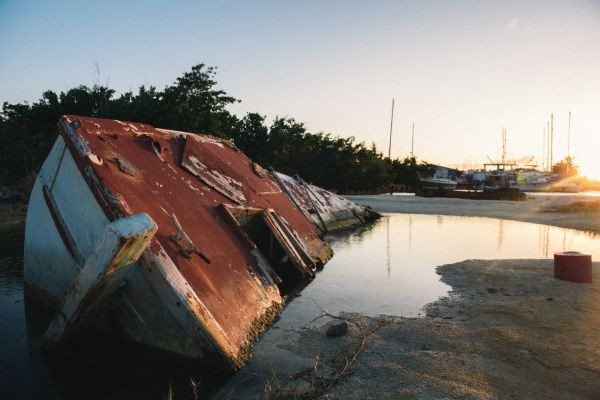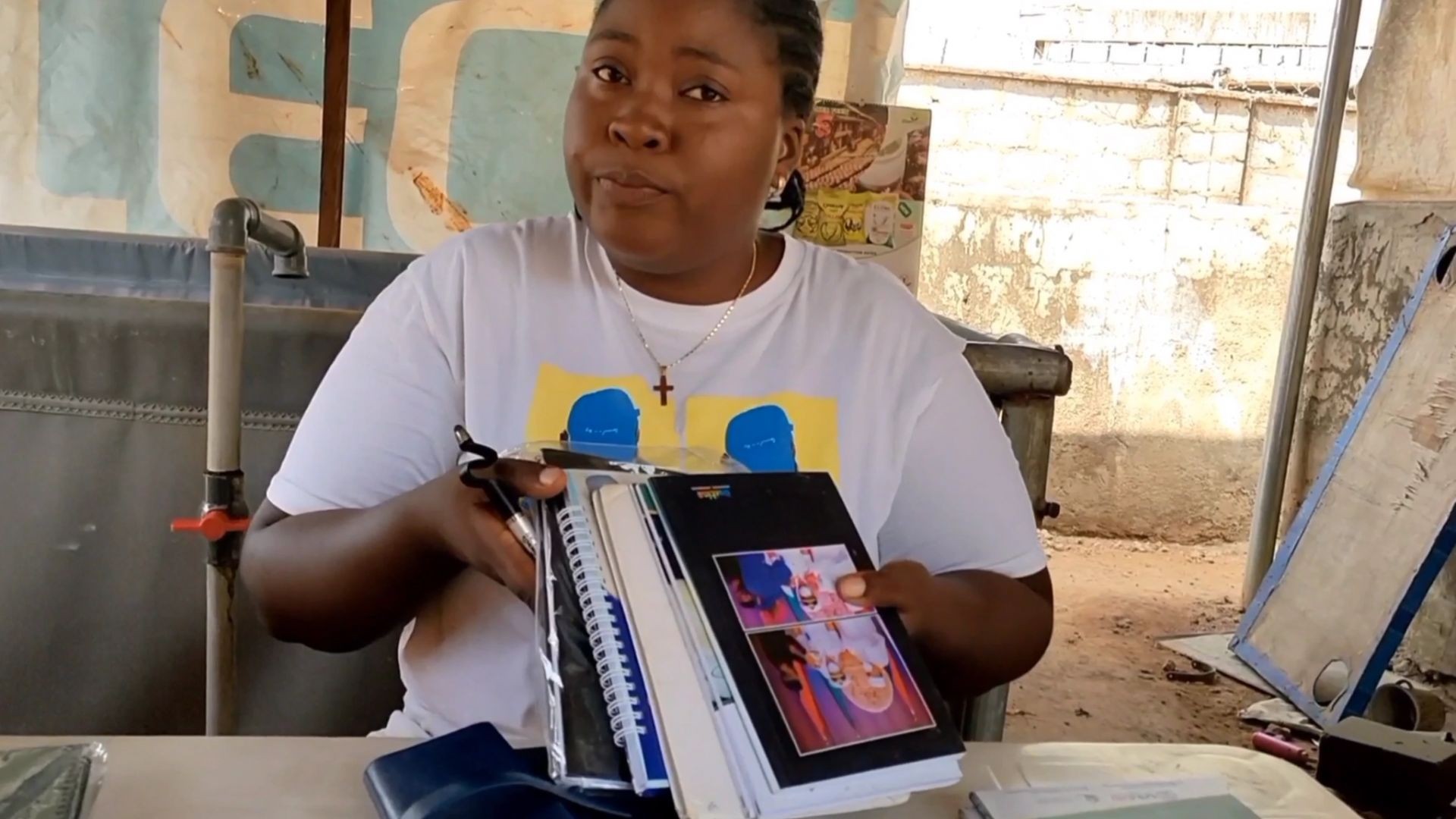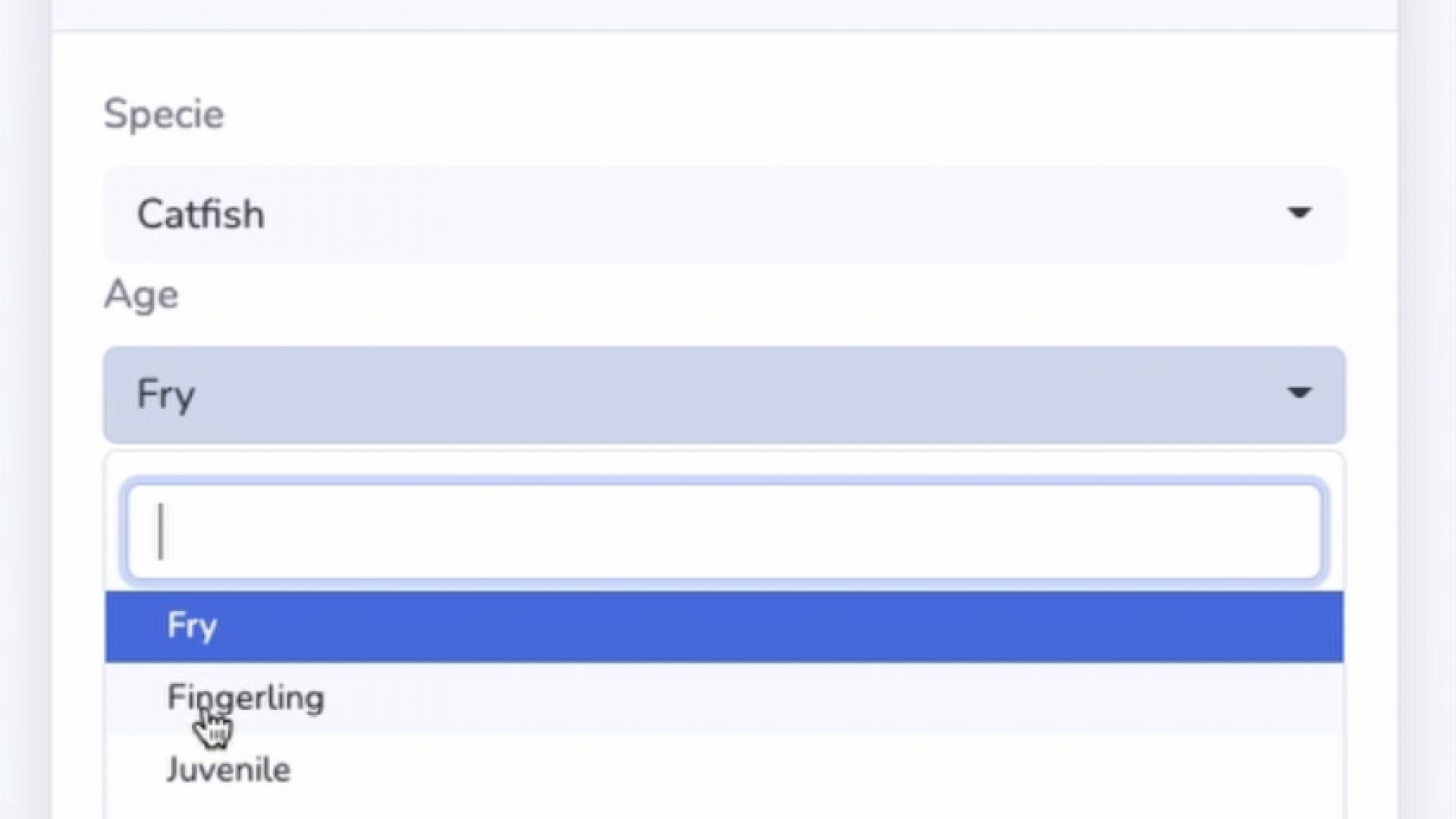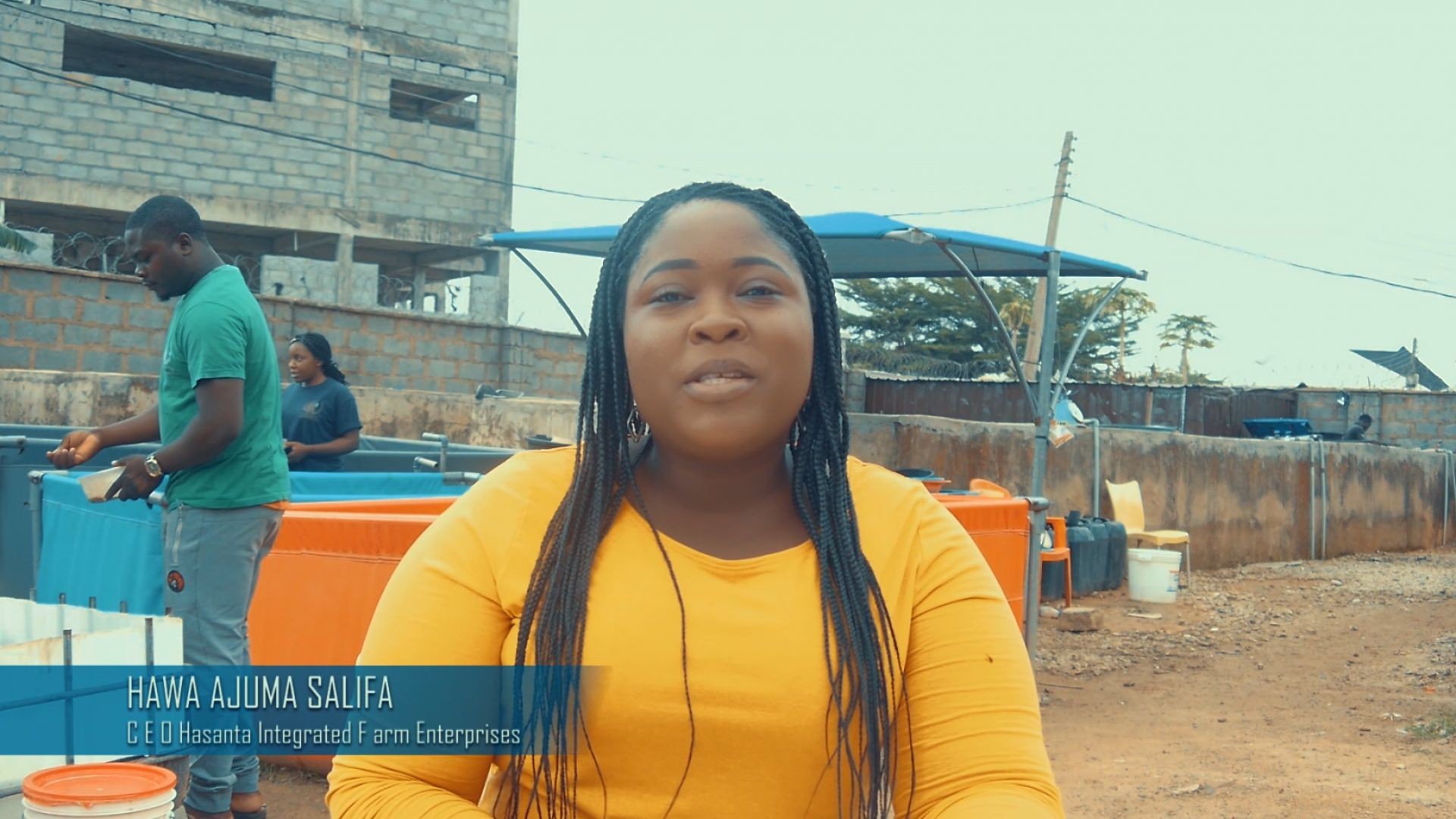Global climate change is a challenge that already affects and will significantly disrupt the fish production in Africa if it is not proactively addressed. Several regions in the continent have been identified vulnerable to climate change i.e. most of northern and southern Africa will experience high water stress while eastern, central, and western Africa will be subject to increasingly heavy rains and flooding. This issue has caused the governments of Africa and regional organizations to establish potential investment opportunities and interventions in fisheries and aquaculture to tackle food and nutrition security for their nations.
According to the study, public and private sector investment are critical in Africa in order to secure diverse supplies of fish and other aquatic foods from capture fisheries and aquaculture. The following four simultaneous strategies will be required to contribute to food and nutrition security in the continent:
-
Increasing fish supply
-
Reducing waste and loss
-
Supporting fish trade
-
Ensuring equitable distribution and access
Reference:
Chan, Tran, N., Cheong, K. C., Sulser, T. B., Cohen, P. J., Wiebe, K., & Nasr-Allah, A. M. (2021). The future of fish in Africa: Employment and investment opportunities. PloS One, 16(12), e0261615–e0261615. https://doi.org/10.1371/journal.pone.0261615








